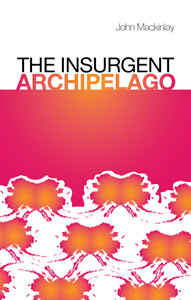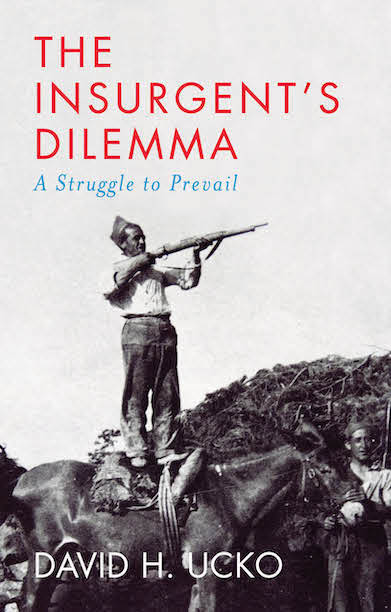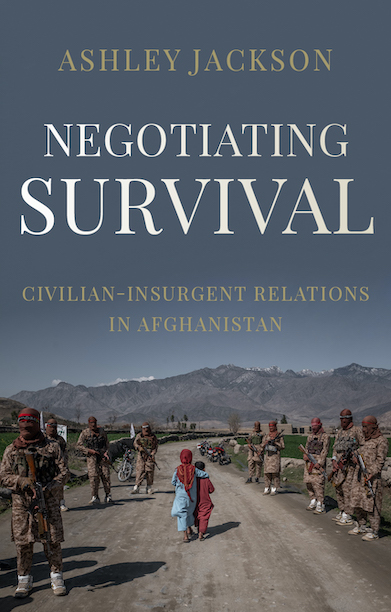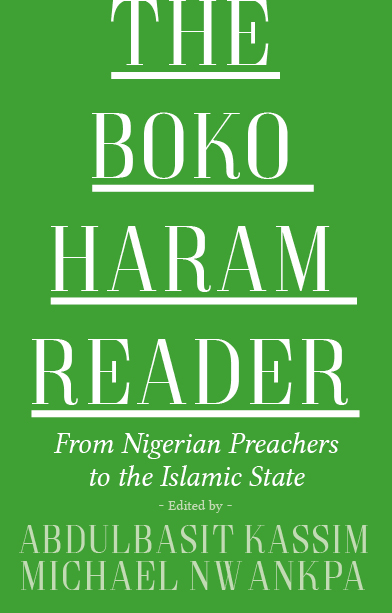Description
As a British Gurkha officer assigned to the jungle borders of North Borneo, John Mackinlay experienced firsthand the Maoist-style insurgencies of the 1950s and 1960s, and later in his career, as a scholar researching Muslim NGOs and preventative security, he witnessed the transformation of territorial, labor-intensive uprisings into the international networks of individuals and communities that operate across the world today. In this book, Mackinlay focuses on the situation in Afghanistan to see how threats from one theater of operation impact on us domestically in the UK and in the US. Mackinlay maps the transformation of insurgencies against the rapid modernisation of their origin cities, noting the ways in which technology has accelerated and complicated a variety of coalitions and the efforts to defeat them. Our current bin Laden era, Mackinlay argues, must be understood from a Maoist perspective of insurgency. The campaigns of mid-century are directly linked to the global movements of tomorrow, yet the past two decades of insurgent activity have also marked a new chapter in the practice, in which propaganda of the deed (ie, suicide bombings) has become centrally important. This shift presents new challenges to our traditional, time-honored response to terror and places a greater emphasis on mastering the virtual, cyber-based dimension of these campaigns. Mackinlay revisits the roots of global insurgencies, describes their nature and character, reveals the power of mass communications and grievance, and recommends how individual nations can counter these threats by focusing on domestic terrorism.
Reviews
”The Insurgent Archipelago’ is a timely and thought-provoking piece of strategic analysis. Mainly but not exclusively about the fast-changing nature of insurgency brought about by migration and the revolution in global communications, this compelling work ought to be compulsory reading for everyone, from politician to publican and of all ethnic hues in this country and beyond.’ –– The Sunday Herald
‘Written by a former Gurkha officer and United Nations researcher with many years of conflict-related experience, The Insurgent Archipelago proposes that in the post-Cold War era, the concept of insurgency has unique and neglected relevance. It is seen foremost as a political action, and terrorism and insurgency are very much interconnected. The Insurgent Archipelago is impressive in the effective connections it makes between the ongoing revolution in mass communication, recent mass migratory flows and the evolving nature of contemporary global society. It prominently signals the failure of Western states to come to terms with these aspects of insurgency. The book’s broad, bold historical sweep is impressive and Mackinlay is a talented writer, bringing a fresh approach and new language to this pressing military and political dilemma.’ –– Times Higher Education
‘The theme of the book is the evolving nature of insurgency … The essence of [Mackinlay’s] argument is that the political and military establishments in the US and Britain have failed to recognise that they are confronting a “global insurgency” radically different in structure from anything previously seen. … Mackinlay makes a compelling argument for why we need to shift our focus to approaches closer to home.’ — The Financial Times
‘This elegantly written book, without jargon and largely unburdened by academic hokum, provides an essential guide to the ‘when the rubber hits the road’ issues of global insurgency, what it is, how to understand it, and, possibly, how to deal with it.’ — British Army Review
‘An ambitious attempt to trace the evolution of modern insurgency and its responses from their defining origins in 1920s China to the present. Instead of offering a blow-by-blow taxonomy of movements and their successes, John Mackinlay provides a sense of the sweep of this most political of acts and how it has broken free from its confines of time and space – It is essential to a proper understanding of how insurgency has evolved, and why current responses to it so often fail. If Lawrence described the art of insurgency, Galula the tactical basis for defeating it, Thompson the understanding of its political foundations, and the US Army Field Manual 3-24 the essence of all three, then Mackinlay’s book provides the essential bridge that links a phenomenon rooted in space and time to its current, virtual, ethical self’. –– Dr Dominick Donald, Chief Analyst and Vice President, Aegis Defense Services
‘A book whose importance and timeliness cannot be over-estimated. Written with a sense of context and continuity, it nonetheless makes clear the dangers inherent in a view of insurgency shaped disproportionately by history. The Insurgent Archipelago is essential reading, not only for policy-makers, but also for anybody concerned to understand the difficulties and challenges faced by the west.’ — Professor Hew Strachan, Chichele Professor of the History of War, All Souls College, University of Oxford
‘Succeeding in the global counterinsurgency campaign we are fighting today demands that we understand how our enemies have adapted Maoist principles to the globalised world in which we live. John Mackinlay is a soldier and scholar whose work shows us how to disaggregate the insurgent archipelago and defeat it in detail. Highly recommended.’ — Dr John Nagl, President of the Center for a New American Security and author of Learning to Eat Soup with a Knife
Author(s)
John Mackinlay is a teaching fellow at the War Studies Department of King’s College, University of London and a former Defence Fellow of Churchill College, Cambridge.






